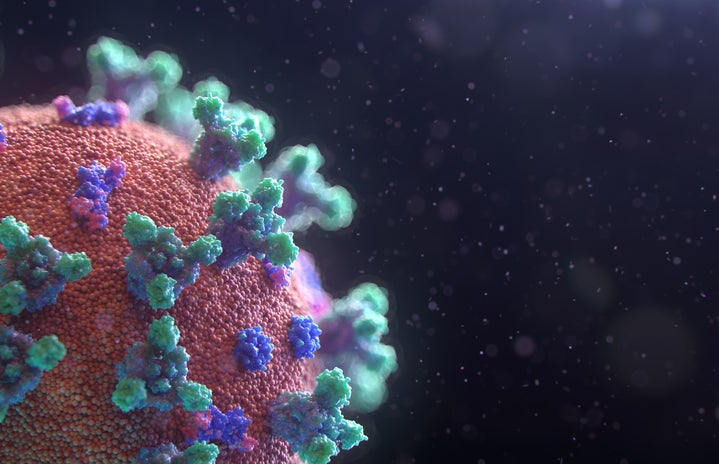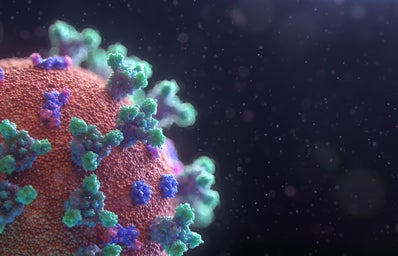COVID-19 is the pandemic sweeping a woefully unprepared globe right now. If you turn on your TV, open your notifications, or check up on the news, it is sure to make an appearance. The U.S. has declared a state of national emergency, along with many other countries in Europe, most notably Italy, who was hit the hardest in regards to deaths. The virus that originated in China started sparking anxiety among individuals in late 2019, but it didn’t start picking up major traction in the U.S. until about last month. Since then, universities have been shut down across the nation, businesses are closing left and right, and road signs that once encouraged drivers to “buckle up for safety” now resemble that of an apocalyptic wasteland broadcasting the simple, yet terrifying message: “stay home- save lives”. These are truly bizarre times. The imprints it is leaving on society are visible already, civilians walking the streets clad in masks and gloves, thinned traffic on typically popular roads, and emptied grocery store shelves to name a few.
With most people self-quarantining, our definition of normalcy is being challenged, and our habits are breaking down as a result. It begs the question: when all this is over, what will be left? The disease, which has been likened to respiratory illnesses such as SARS, is projected to have run its course in the coming eighteen months. A lot can change in that time. While in all likelihood, people won’t be quarantined for much longer than a few weeks, the lasting impact of this massive tragedy will prove itself in the years to come. While we can only imagine how this will affect us culturally, socially, and beyond in the future, we can see what it has impacted already, and use these observations to inform our predictions.
I, for one, have been intrigued by the possible developments of social greetings. For instance, will casual handshakes, hugs, and kisses survive the fear of contagion? Similarly, will the drive to stay home have the reverse effect on people, making them value time spent outdoors more in a society that was previously increasingly home-bound? And in this time, where we cannot rely on touch to communicate how we feel, will we grow closer or farther apart by using words alone to express ourselves? This will reveal a lot about human nature: will we choose to help those in need during this time in crisis, or will we turn inwards to protect only ourselves? Hopefully, this encourages the mindset that health is a large-scale issue, spanning across the world, and we are not just citizens of this country but of the globe. Like climate change, it is a battle that requires cooperation, serving as another reminder that we must work as a community if we want to save ourselves.


